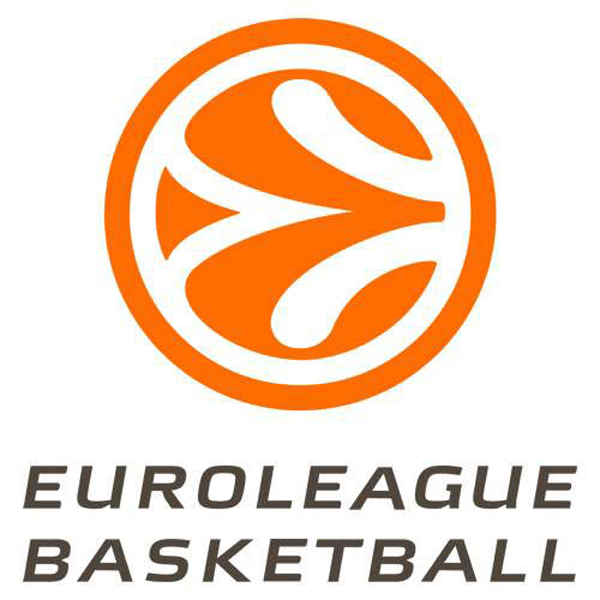
Another salvo has been fired in the battle for supremacy between Euroleague Basketball and FIBA. Emmet Ryan says whoever wins, it’s going to be a costly fight
On the eve of the draw for the 2015/§6 Euroleague and Eurocup Mundo Deportivo described an earthquake in European basketball. The Spanish publication announced 8 big names it claims will row in with FIBA’s plans to replace Euroleague. According to Jose Ignacio Huguet, CSKA Moscow, FC Barcelona, Anadolu Efes, Fenerbahce, Real Madrid, Maccabi Tel Aviv, Olympiacos, and Panathinaikos have all been offered A licences for the new FIBA-backed European league.
As Huguet points out, money is a massive driver here. Euroleague only drew €16 million in its TV deal across Europe last year compared to €55 million for the European Rugby Champions Cup and its ancillary competition the Challenge Cup. Rugby’s reach across the continent is dwarfed by basketball yet rakes in far more cash. The lure of such riches, particularly with far more games to deliver to broadcaster, would make most big clubs salivate but it is a bumpy ride whatever happens.
Rugby’s competition switch was ugly. To spare you the dull bits, the English and French clubs wanted more power and dosh which meant they had to take a lot from the Irish, Italian, Welsh, and Scottish clubs. There were directly conflicting TV contracts, essentially preventing some clubs from playing the others without resolution, and the old governing body got the boot. Well sort of. The new governing body has a lot of the same people but it’s changed the name and office. All of this dragged out over a year and everyone expected to make shedloads of money until they didn’t.
Well they made money but they didn’t see anywhere near the bump that was expected. A target of €60 million was seen as the worst case scenario and the competition has fallen well short of that. Added to this is the type of viewer rugby gets. There’s a stickiness with rugby fans that advertisers love. They tend to watch lots of games over a weekend, everything is built around an event, and although they are loyal to one team they tend to watch all the games involving their local rivals. They also tend, on average, to be richer than basketball fans and willing to shell out to pay albeit while complaining that most games should be free to air. In short, rugby fans are a broadcaster’s dream as they tend to deliver serious value for money. That’s why European rugby gets richer tasteless beer sponsors (Heineken) than basketball (Efes). Actually that is a little cruel, I genuinely like Efes Dark.
Even with rugby’s built-in market advantages, the advantages held by basketball in terms of sheer numbers are far greater. The breadth and size of support is a huge plus. Rugby may benefit from not going up against the UEFA Champions League* or Europa League but it hardly has a free run at its markets with a gargantuan amount of football dominating TV screens over weekends. Scale is a big weapon for the clubs in European basketball and a collaborative body should be able to compete directly for the big cash.
*Euroleague may not but Eurocup does face this impossible task.
Yet for all that, if it were so easy as to just go for it one would imagine the coffers would be overflowing by now. The clubs have worked together to run the show for 15 years and are getting a bigger piece of the pie than they ever enjoyed under FIBA’s previous reign. Progress may not have come fast enough but assuming a root and branch switch will fix matters is another story entirely. Under the new format, the 8 clubs listed at the top would be A-licence holders. Those clubs account for every Euroleague title going back to Bologna’s win in 2001 and the last side to make the Final Four outside of that group was Siena in 2011 and they now ply their trade in Italy’s third tier following their financial issues.
The remaining 8 clubs would be made up of the national champions of Lithuania, France, Italy, and Germany with a further 4 more qualifying via early season tournaments. Much as basketball news and features sites love such competitions, yay content for BiE, the qualifying competitions have proven to be less than ideal for finding the best teams due to their horrendous short-form nature. Budgets can’t be planned on such limited hopes about making Europe’s top competition, no matter what it is called, so organisers are essentially hoping the richer clubs of the best-of-the-rest tier don’t slip up en route to the big show.
As it stands FIBA’s actual assets, in terms of the clubs it has won over, are limited. The competition for the year ahead which is meant to compete with Eurocup looks like a mildly souped up version of EuroChallenge. It’s not exactly the move that will rock the powers in Euroleague HQ in Barcelona. Money talks and you all know what walks, FIBA needs to deliver an iron-clad string of financial guarantees to its 8 power clubs to shake the foundations yet. In the process they will almost certainly need to absorb a hit because whatever goals they have for sponsorship and TV rights will take a hit from competition with the incumbent. Rugby fought with itself and is still well short of its goal. For basketball, the road won’t be any easier.




Leave a Reply